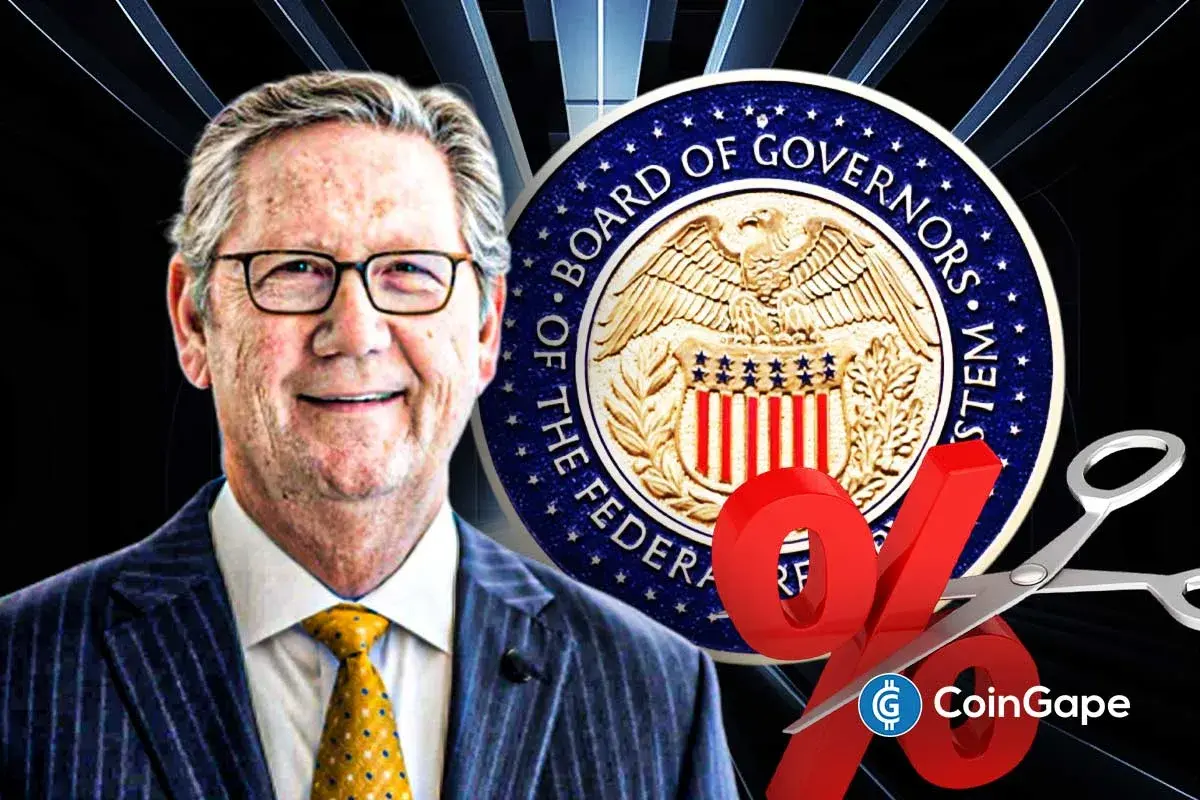The crypto industry has recently made headlines for regulation battles, speculation or hacks, but behind the noise, wallets, the entry point for most people into the digital asset world, are quietly evolving and transforming what it means to participate in the Web3 economy.
This week’s episode of The Clear Crypto Podcast, brought to you by StarkWare and Cointelegraph, dives into the future of cryptocurrency wallets with Jess Houlgrave, CEO of Reown, the company behind WalletConnect, to explore how wallets are shifting from niche crypto tools to mainstream “control centers” for digital life.
Crypto wallet diversity
“I don’t think there is one best wallet, because what each individual or company might want from a wallet is going to vary a very huge amount,” Houlgrave said.
That spectrum of needs has fueled rapid evolution. Early barriers like seed phrases and confusing gas fees are starting to fade.
“Right now I’m really optimistic because I think the best in class wallets out there have actually solved those problems,” she said. “There’s just so much more optionality now that allows end-users to kind of pick and choose.”
Web3 tech Web2.0 simplicity
Houlgrave emphasized the importance of bridging Web3 complexity with Web2 simplicity:
Related: Crypto finance is scaling, but without real-time verification, it won’t last
She says that using a wallet should be as easy as opening an application, logging in in a familiar way, and getting all the benefits of crypto, but without the compromise on user experience.
But what about crypto purists worried about losing decentralization as wallets become more user-friendly? Houlgrave argued that choice is key.
Looking ahead, wallets may expand far beyond money management. Houlgrave said it could become almost a “whole handbag.”
“It’s got my identity in it, my logins, my data… my medical records, my education track record, my job references, where I pay my tax, the land registry for the house I own, the receipts and the warranties for the fridge that I buy. All of these things make complete sense for us to keep in a wallet type construct.”
To hear the complete conversation on The Clear Crypto Podcast, listen to the full episode on Cointelegraph’s Podcasts page, Apple Podcasts or Spotify. And don’t forget to check out Cointelegraph’s full lineup of other shows!
Magazine: Crypto scam hub expose stunt goes viral, Kakao detects 70K scam apps: Asia Express
Source: https://cointelegraph.com/news/crypto-wallets-becoming-control-centers-digital-lives-podcast?utm_source=rss_feed&utm_medium=feed&utm_campaign=rss_partner_inbound


